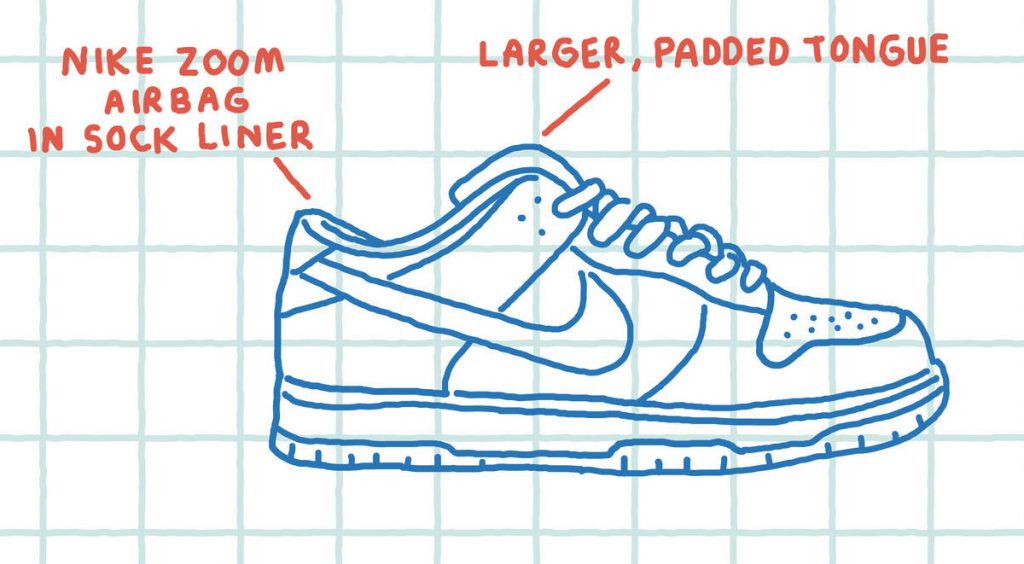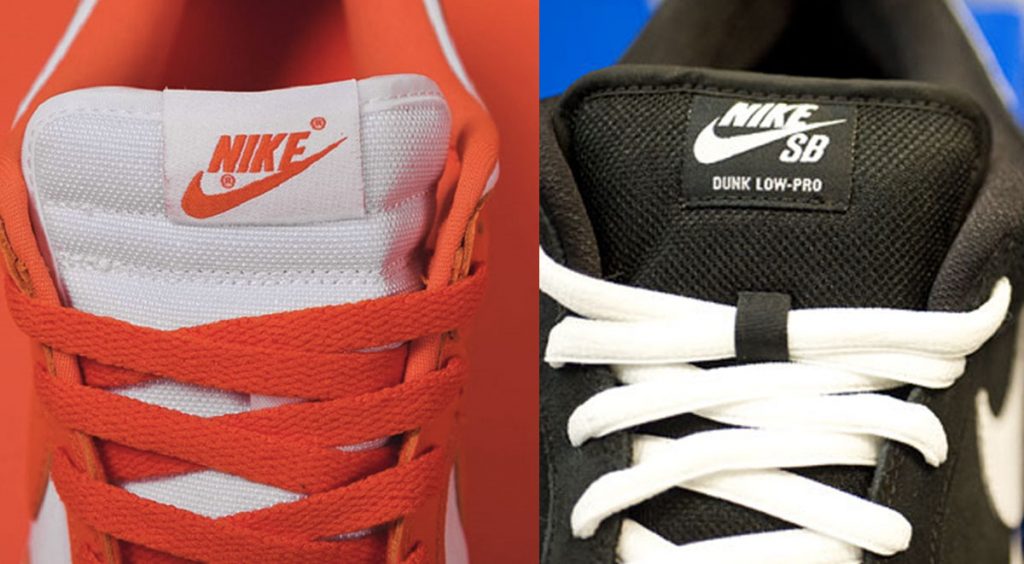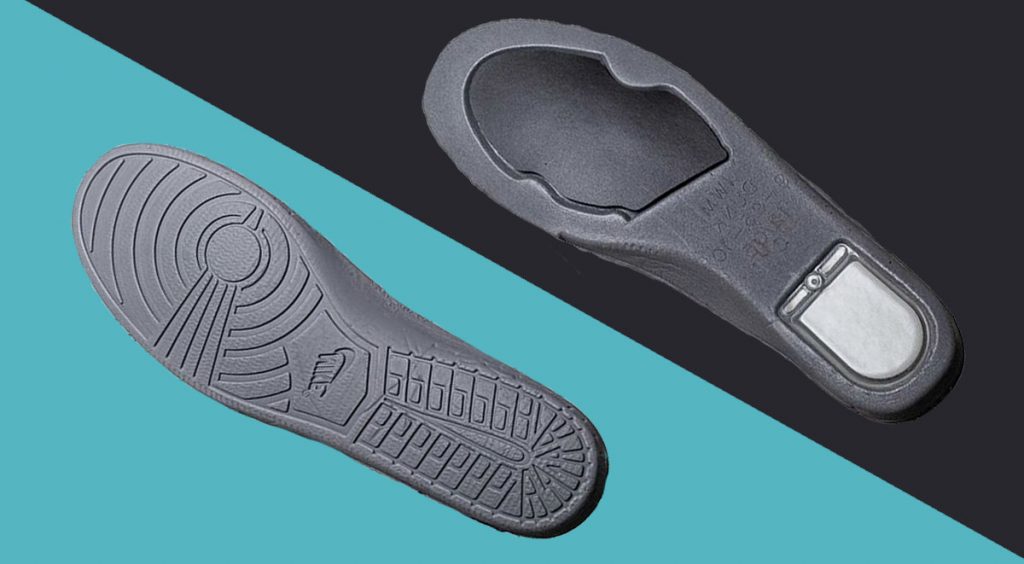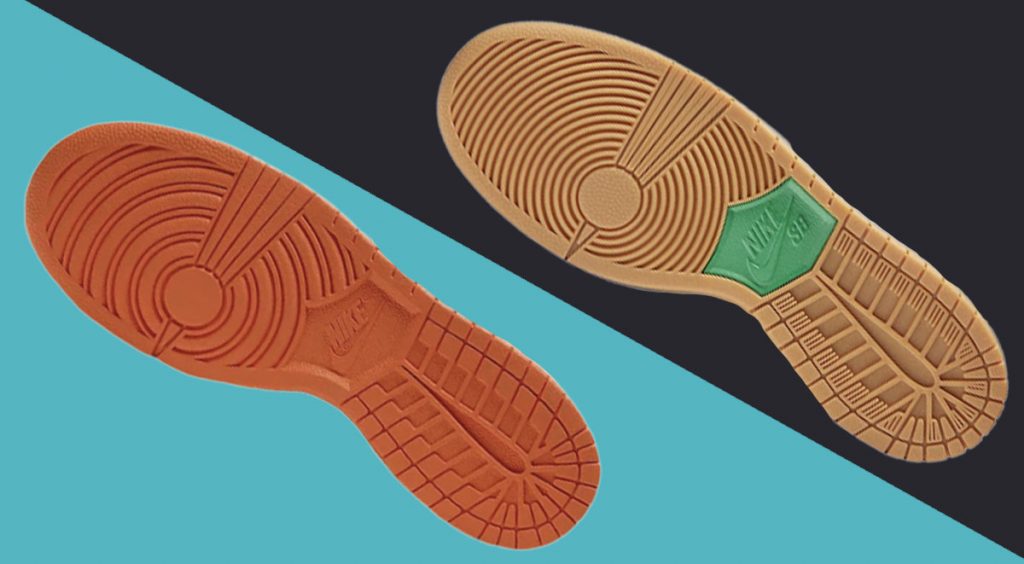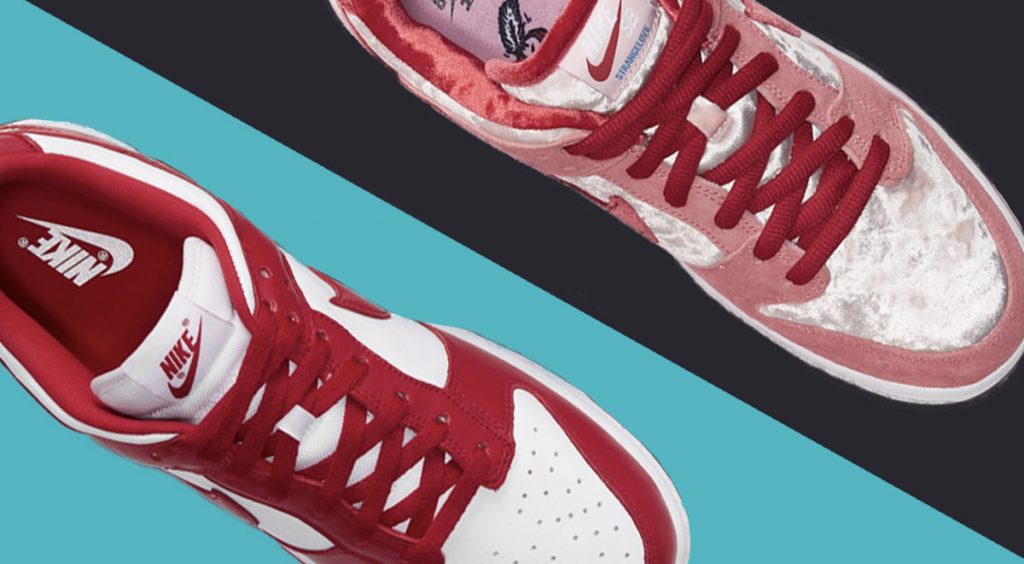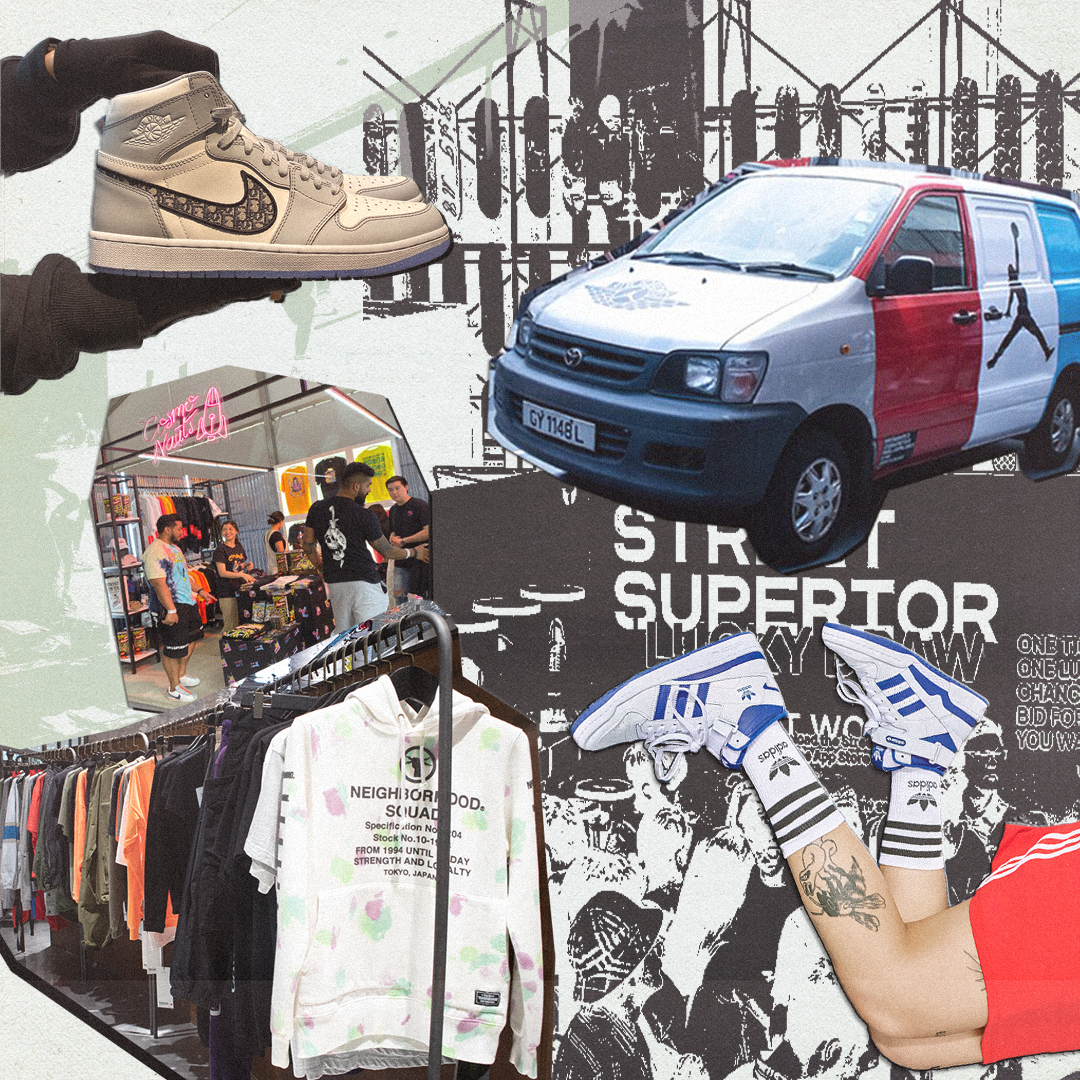Sign up for trending news and first dibs
Nike Dunk vs SB Dunk: How to spot the difference between the two
Nike Dunk vs SB Dunk: How to spot the difference between the two
In order to adapt the basketball sneaker for the skate parks, the Nike SB team made some serious changes to the Nike Dunk.
This Nike Dunk vs SB Dunk comparison piece highlights the key differences between these sneakers, which, to an untrained eye, may look identical.
When attempting to revive the ailing Nike SB department in the early 2000s, it was the Nike Dunk that the late Sandy Bodecker, then head of Nike SB, chose to zero in on. Comparing the Nike Dunk vs SB Dunk, its evident changes were made to adapt the basketball sneaker for the skatepark.
Bodecker and his team had their work cut out for them to give the Nike Dunk a major overhaul. Chief amongst the changes was the fact that the shoe needed to be made suitable for skating. The result? Most of the updates, skilfully applied, did not interfere with the existing silhouette of the Nike Dunk. This is so much so that at a glance, the Dunk and the SB Dunk can seem near identical.
If you’re just getting into Dunks, you might find our guide useful in helping to spot the differences between the classic Nike Dunk and the beefed-up Nike SB Dunk. Here are four tips and tells to look out for.
1. Pillow for a tongue
The most noticeable difference between the two sneakers are their tongues. On the Nike Dunk, you get a slim, mesh tongue. On the SB Dunk, the tongue has been beefed up to provide more cushion and protection. By being thicker, the tongue helps with the fit as well. It enables the sneaker to mold to your feet, preventing any slipping or wiggling. The tongue is held down with elastic straps which provide an added layer of lockdown. As a bonus, it allows you to slip the SB Dunk on and off without having to mess with finicky laces.
2. Comfort underfoot
The Dunk is a retro basketball sneaker from a time when barely any tech was used in shoes. As such, the Nike Dunk was developed with simple EVA insoles for just enough comfort. In the Nike SB Dunk, what you get is a thin, encapsulated Zoom Air unit at the heel and Poron foam, a dense and responsive urethane foam, at the forefoot. This provides some impact protection while retaining the necessary board feel. Nike also added a terry toweling layer to the top of the insole for the purpose of wicking off sweat.
3. Outdo an outsole
If you have ever worn a Dunk on the court, you know it has some seriously strong grip. The classic Dunk uses the same outsole traction pattern as the Air Jordan 1, which remains the benchmark for court feel and grip in outsoles. So how could Nike SB improve this further? Though not noticeable at first, the team increased the number of rings around the forefoot and made them thinner. What this does: The rings become much more flexible to optimize grip on the skate deck.
4. Magic in the laces
The last notable difference is the laces. The classic Dunk sticks to the tried and tested flat laces. Though these can meet the demands of elite basketball players, flat laces cannot survive skaters’ rigorous stunts and movements, leading them to fray quickly, especially around the aglets. To improve on this, the flat laces were swapped out for rounder, puffy laces, which can withstand direct abrasions and take much longer to wear out or tear.
The fifth and best way to tell the difference between the Nike Dunk and Nike SB Dunk is to put them on! For the reasons above, you can imagine both shoes feel totally different on the feet. While some sneakerheads prefer the simplicity of the Nike Dunk, others appreciate the tech and comfort that comes with the SB Dunk. With all things, it boils down to personal preference, but at least you can tell them apart now!
Caring for your Dunks
Even though there are notable differences between the Nike Dunk and Nike SB Dunk, the way you clean them is the same. We recommend checking out this effective sneaker cleaning kit which offers the perfect ratio of cleaning solution to water for quick removal of dirt off your shoes.
A guide to the Nike Dunk: Asian sizing tips and styling notes
Header image: Nike
TAGS
Tags:


